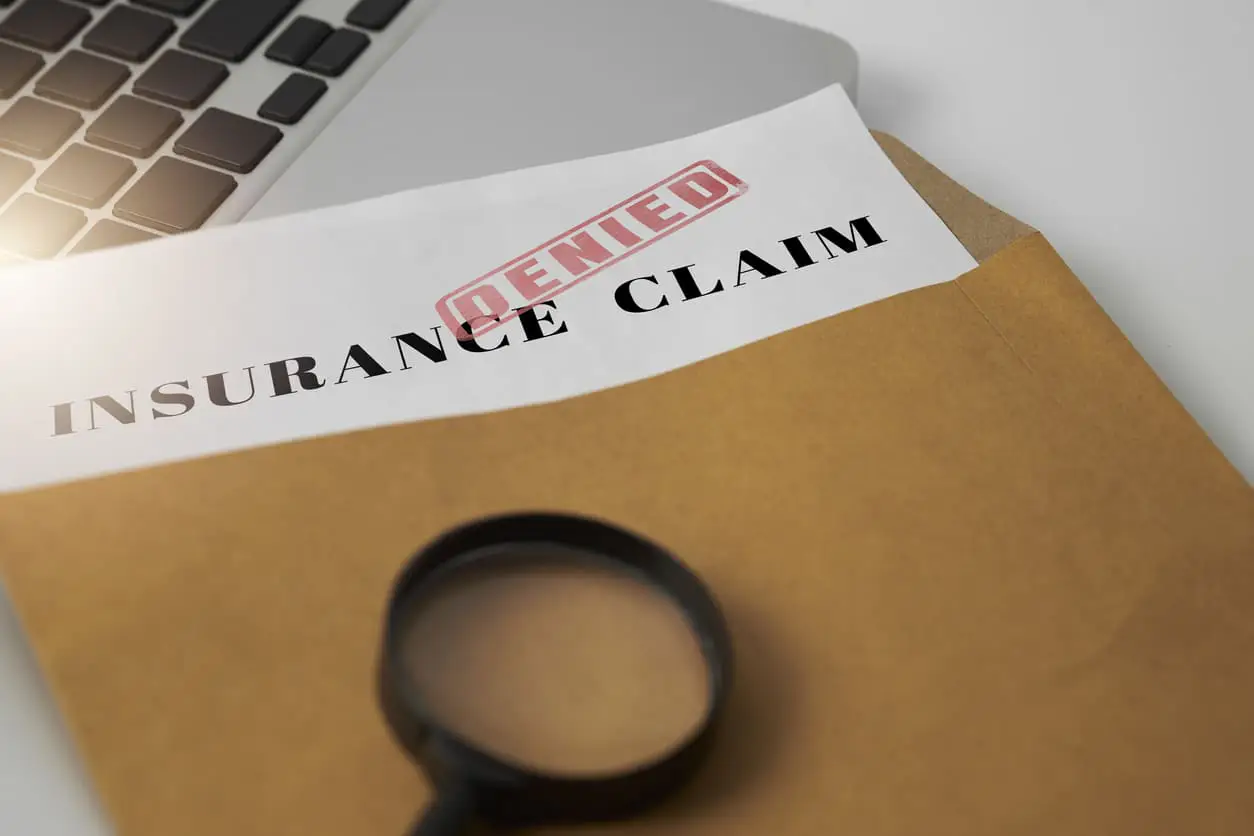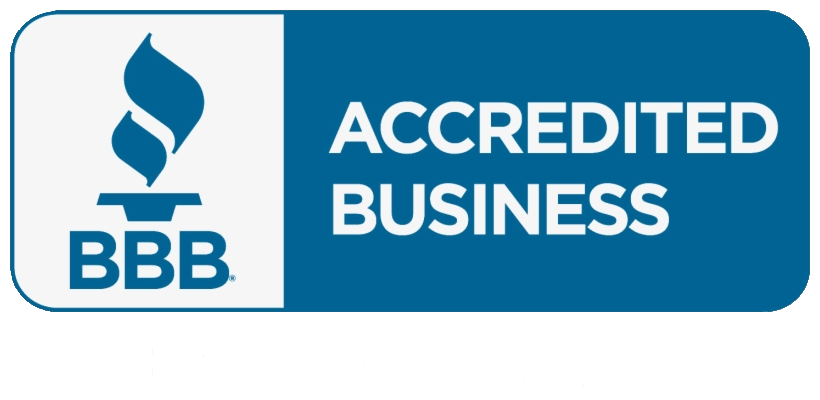An injured worker must provide his or her employer with notice of the accident, in writing, within thirty days. This is generally the first step to filing a workers comp claim. A worker’s failure to give timely notice to an employer can lead to the claim being denied. In a recent case, the Workers’ Compensation Board Panel dealt with the issue of late notice.
The Importance of Giving the Employer Written Notice of the Accident
In that case, the injured worker was an Uber driver. She was injured in a motor vehicle accident on October 23, 2019. Police officers created an accident report. The worker claimed she was working for Uber at the time of the crash. She filed a C-3 form with her employer on November 26, 2019, over thirty days after the accident. The injured worker did not tell Uber about the accident prior to that time. Also, the worker was not signed into the Uber Application at the time of the crash. A C-3 form marks the formal filing of a workers comp claim. The worker must file the C-3 form with the Workers’ Compensation Board. The form includes information about the employer, accident, and injuries. For all cases, the worker must file a C-3 form with the Board within two years of the accident.
The Effect of Late Notice on a Workers Comp Claim
The insurance carrier argued that the workers comp claim should be denied due to the worker’s failure to provide timely notice to the employer of the accident. It also argued that the Board should deny the claim because the worker was not on-duty at the time of the crash. In response, the injured worker argued that the Board should excuse the late notice. Specifically, the worker argued there was no prejudice to the insurance carrier because it learned of the accident within two weeks of the notice deadline.
The Board Panel’s Decision

The Board Panel noted in its decision that the purpose of the notice requirement is to allow the employer to investigate the accident and injury.
It may excuse a worker’s failure to provide timely notice if the worker provides a sufficient excuse for the delay.
The Board may also excuse late notice if the employer knew about the accident, or if the employer was not prejudiced by the late notice. The injured worker has the burden of showing lack of prejudice. In this case, the Board Panel found that the claimant did not provide an adequate reason for late notice. The employer did not know about the accident until forty five days after it occurred. The Board Panel also found that the worker did not prove lack of prejudice to the employer for the late notice. It denied the workers comp claim.
How to Properly Provide Notice
This case shows how important it is for an employee to promptly inform his or her employer of an accident. Significantly, the worker must provide notice to the employer in writing. The worker should give the written notice to a supervisor or manager. It should also include the time and place of the accident, a description of how the accident happened, and a list of injuries sustained. An injured worker should never assume an employer is aware of the accident. The worker should always keep a copy of the written notice.
Oftentimes, an employer will create an incident report. Still, the injured worker should follow-up in writing with their supervisor to ensure that the employer is aware of what happened. The information contained in the C-3 form, incident report, and written notice to the employer must be consistent. The carrier will use any inconsistency to paint the worker as a liar in an effort to deny the workers comp claim. Injured workers should consult with an attorney as early in the process as possible. Doing so allows the attorney to review essential paperwork and avoid the pitfall of failing to provide adequate notice to the employer. Contact our law firm for any immediate questions or concerns regarding your case.




